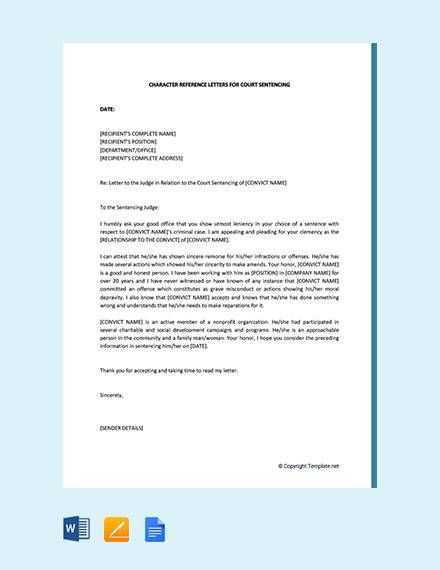
When someone faces legal proceedings, a well-crafted personal statement can provide valuable insight into their behavior, values, and integrity. This kind of document is often used to support the person’s case by offering a perspective on their character from someone who knows them well. It can have a significant impact on the outcome, especially when it demonstrates positive traits that may be relevant to the case.
Key Elements to Include in Your Statement
To write an effective personal reference, there are a few important points to focus on. Here are the core elements to make your statement compelling:
- Introduction: Start by briefly introducing yourself, your relationship to the individual, and how long you have known them.
- Relevant Positive Traits: Highlight the individual’s strengths and qualities that are pertinent to the situation at hand. Be specific, focusing on behavior that demonstrates their good character.
- Personal Story or Example: Share a specific experience or example that showcases their positive qualities. Personal stories can be powerful and relatable.
- Conclusion: Close by reaffirming your support for the person and expressing confidence in their ability to make positive contributions.
Structure and Formatting Tips
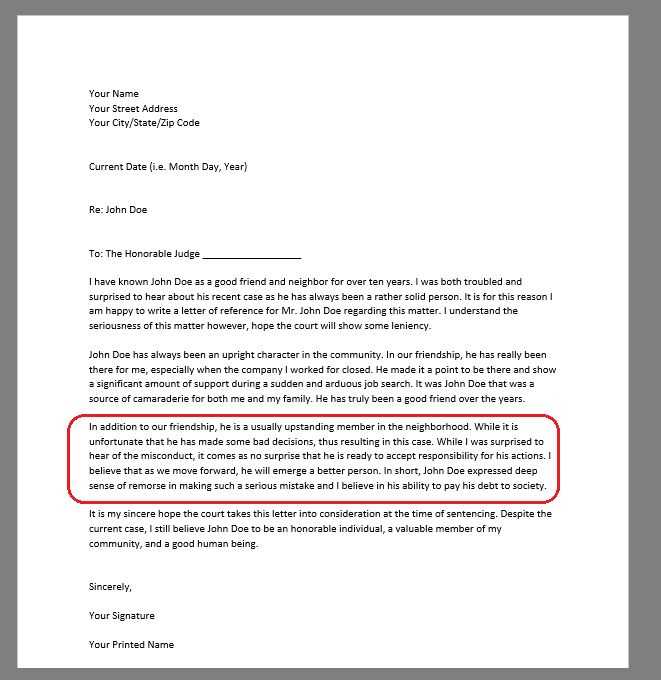
Clarity and conciseness are essential when drafting a personal reference. Here are some tips to ensure your message is effective:
- Keep the tone formal and respectful, but also sincere.
- Stick to the point and avoid unnecessary details.
- Ensure the document is properly formatted, with clear paragraphs and an organized flow of information.
- Sign the document and include your contact information for verification purposes.
What to Avoid in Your Personal Reference
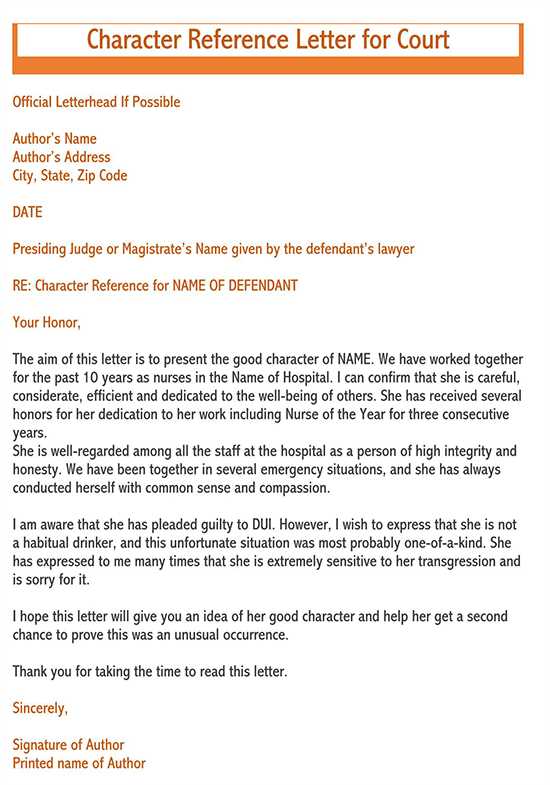
While it’s important to present a positive image, there are certain things to avoid when writing your statement:
- Don’t exaggerate or fabricate details; honesty is key.
- Avoid overly emotional language or subjective opinions.
- Do not discuss irrelevant information that does not contribute to the individual’s credibility or the case.
By focusing on these essential aspects, your personal statement can serve as a valuable contribution to the individual’s legal situation, offering a genuine and supportive perspective.
How to Write a Personal Reference for Legal Matters
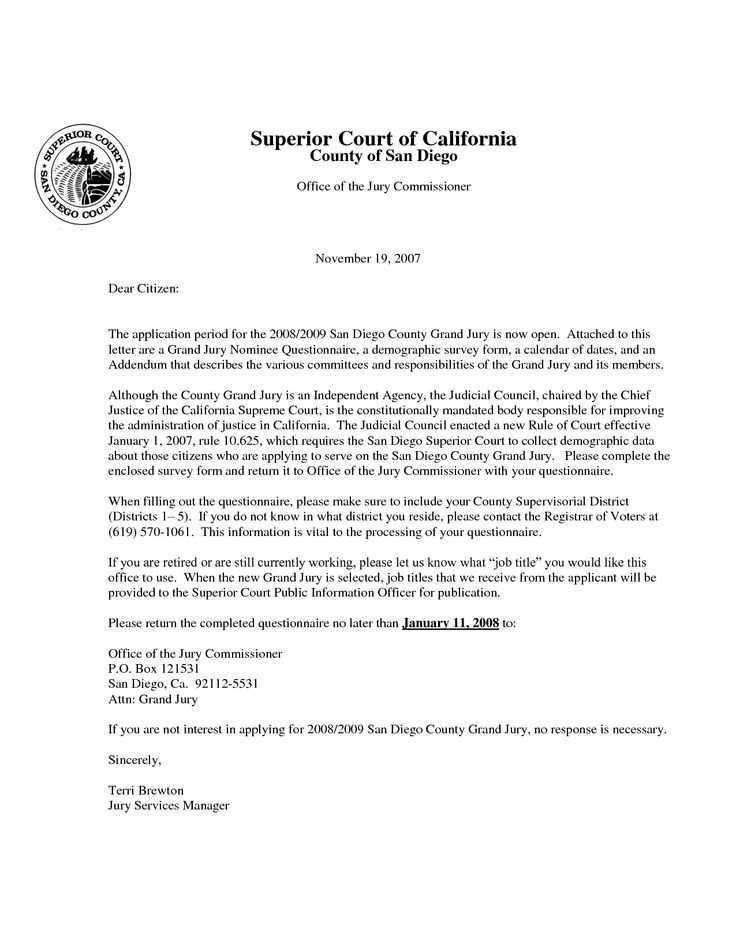
When a person faces a legal situation, a well-written personal statement can play a significant role in highlighting their positive qualities and offering a deeper understanding of their behavior and values. This document serves to present a supportive viewpoint from someone familiar with the individual, providing essential insight that could influence legal decisions. Crafting a compelling statement requires clarity, structure, and sincerity to ensure it reflects the individual in the best possible light.
Purpose of a Personal Testimonial
A personal statement aims to offer a perspective on the individual’s character, demonstrating their moral integrity, reliability, and positive contributions to society. In legal matters, such a testimonial can help to counterbalance negative aspects, painting a more complete picture of the individual in question. It shows that the person is more than their legal situation and can have a profound impact on the proceedings.
Key Elements to Include
To create a well-rounded reference, certain elements are crucial:
- Introduction: Briefly introduce yourself, your relationship to the individual, and the length of time you’ve known them.
- Personal Qualities: Focus on the traits that make the person stand out, such as honesty, responsibility, and kindness. Provide examples where possible.
- Relevant Experiences: Share a meaningful anecdote that demonstrates their positive character, especially in situations that align with the legal case.
- Conclusion: Summarize your belief in the person’s ability to improve or continue contributing positively to society.
Advice for Crafting an Effective Statement
When writing a personal reference, consider the following tips to ensure it is impactful:
- Be concise but thorough in your descriptions.
- Use a formal tone, but keep it genuine and heartfelt.
- Stay focused on the person’s strengths and avoid unnecessary details or irrelevant information.
- Ensure your language is clear and easy to understand, avoiding overly complex sentences.
Frequent Mistakes to Avoid
While writing, be cautious of these common pitfalls:
- Over-exaggerating qualities or fabricating events.
- Including personal opinions that do not directly relate to the case.
- Using an overly casual tone or language that is not appropriate for legal matters.
- Making the statement too long, which can dilute its impact.
Significance of the Testimonial in Legal Situations
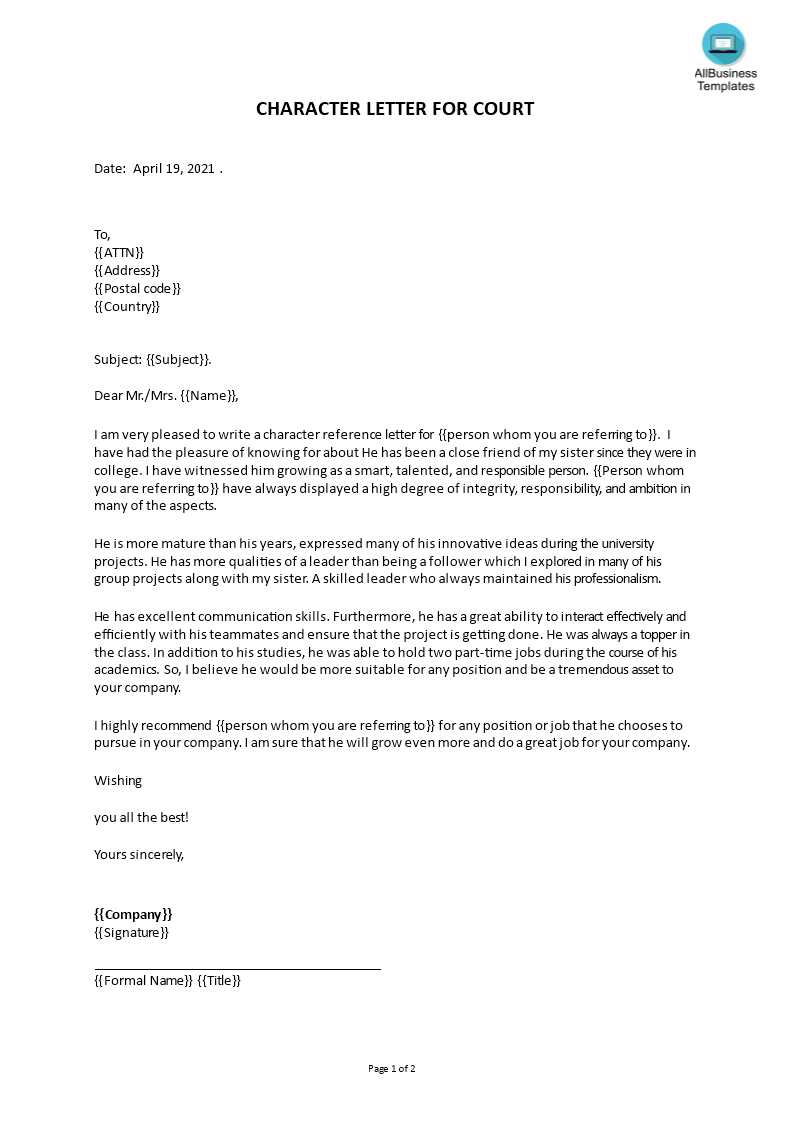
A well-crafted personal statement can have a lasting impact on legal proceedings, as it provides context and insight into the individual’s true nature. It can help to sway decisions in favor of the person by presenting them in a favorable, authentic light. The positive influence of such a reference cannot be underestimated, as it often plays a crucial role in shaping the legal outcome.
Timing for Submitting the Reference
It is essential to submit the reference in a timely manner, ideally before key hearings or court dates. Be sure to follow the specific instructions provided by the legal team or court to ensure the reference reaches the right parties. Early submission gives the decision-makers adequate time to review the statement and consider it in their deliberations.